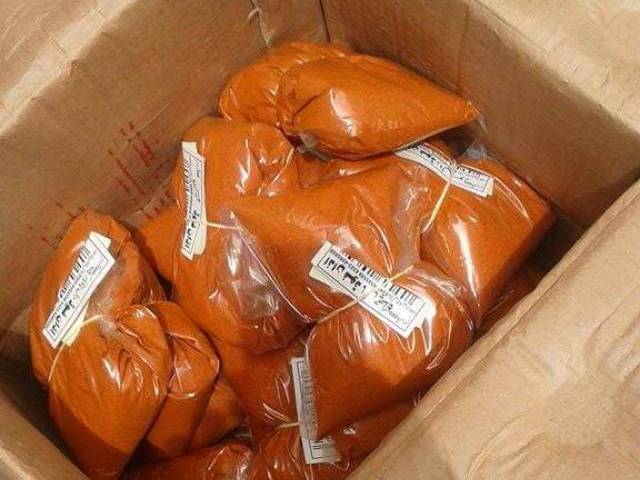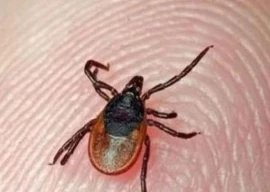
The United Nations Industrial Development Organization (UNIDO) organised a seven-day training of trainers on Good Hygiene Practices (GHP) and Good Animal Husbandry Practices (GAHP) for three public partners in Khyber-Pakhtunkhwa (K-P) under the Japan International Cooperation Agency (JICA) funded Project for Agri-food and Agro-industry Development (PAFAID) in Islamabad.
The objective of the training was to reinforce food safety compliance by building the capacity of the local regulatory authorities in GHP and GAHP and halal food standards.
The training is designed and delivered by the international experts, Madeleine Smith - UNIDO’s senior expert in food safety and inspection practices, and Michele Gallo -UNIDO’s senior expert in food safety and inspection practices, from the University of Birmingham United Kingdom.
Senior officials and experts from the K-P Food Safety and Halal Food Authority (KPFS&HFA), the Livestock and Dairy Development Department (L&DD), and the Local Council Board (LCB) attended the training.
These participants were earlier received training on specialized courses on food safety through the PAFAID e-learning platform and in-person training conducted by the University of Veterinary and Animal Sciences (UVAS) Lahore trainers in K-P followed by a practical in a local slaughterhouse for hands-on learning regarding the best practices and inspection for slaughterhouse operations.
This training enabled the participants to make informed decisions using the case studies of the local scene for inspection and then filling out the inspection checklists.
Published in The Express Tribune, June 16th, 2022.




1724152318-0/beyonce-(1)1724152318-0-165x106.webp)
1728213758-0/Tribune-Pic-(2)1728213758-0-165x106.webp)




1727853003-0/Copy-of-Untitled-(61)1727853003-0-270x192.webp)
1727768149-0/Urvashi-(2)1727768149-0-270x192.webp)






COMMENTS
Comments are moderated and generally will be posted if they are on-topic and not abusive.
For more information, please see our Comments FAQ